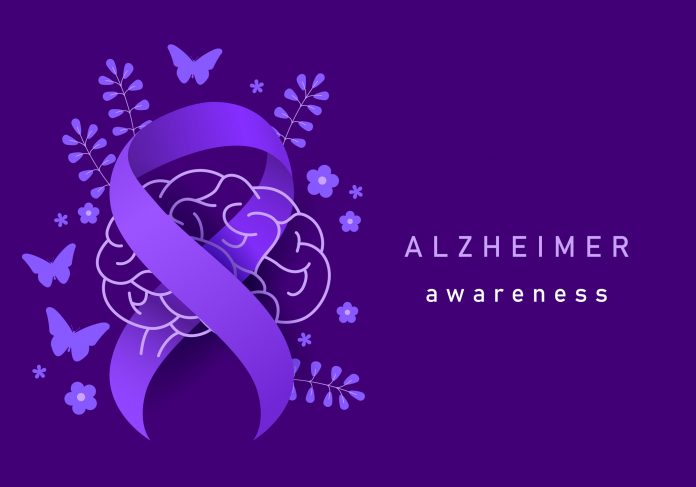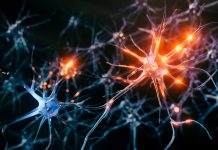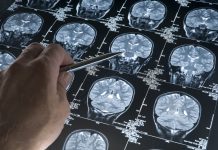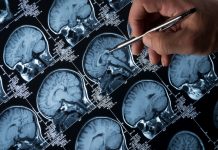Every year, the 21st of September is dedicated to raising awareness for Alzheimer’s disease and other forms of dementia, so today, we look at where research is moving and how to improve Alzheimer’s disease awareness
Alzheimer’s is a progressive brain disorder affecting memory, thinking and behaviour and is the most common form of dementia.
This day is dedicated to raising awareness about the disease and giving people a deeper understanding of the symptoms, risk factors and their impact on individuals.
There are almost 10 million new cases of dementia annually; the World Health Organisation revealed that by the end of the decade, 78 million people will be living with dementia.
Currently, dementia affects over 55 million individuals globally, with a majority, over 60%, residing in low- and middle-income nations. Annually, close to 10 million new cases of dementia are diagnosed.
Dementia is currently the seventh leading cause of death and one of the major causes of disability and dependency among older people globally, with Alzheimer’s being the most common form of dementia.
An overview of Alzheimer’s disease
The precise cause of Alzheimer’s disease remains incompletely understood, although several factors are believed to elevate one’s risk of developing this condition. These include:
- Increasing age.
- A family history of the condition.
- Untreated depression, which can also be a symptom of Alzheimer’s.
- Lifestyle factors and conditions associated with cardiovascular disease
Symptoms and characteristics
Alzheimer’s disease is characterised by its progressive nature, wherein symptoms gradually emerge over an extended period and eventually intensify. This condition impacts various cognitive functions within the brain.
Typically, the initial indication of Alzheimer’s disease involves mild memory issues, such as forgetting recent conversations or occurrences and struggling to recall the names of locations and objects.
As the disease progresses, memory difficulties intensify, and additional symptoms may manifest, including:
- Confusion, disorientation, and becoming lost in familiar surroundings.
- Challenges in planning and decision-making.
- Speech and language difficulties.
- Difficulty with mobility and self-care.
- Shifts in personality, potentially becoming more aggressive, demanding, or suspicious.
- Hallucinations
- Feelings of low mood or heightened anxiety.
Alzheimer’s disease predominantly occurs in individuals aged 65 and older. The likelihood of developing Alzheimer’s or other forms of dementia rises with age, impacting approximately 1 in 14 individuals over 65 and 1 in 6 individuals over 80.
However, a noteworthy portion, approximately 1 in 20, of those affected by Alzheimer’s disease are under 65, a condition referred to as early- or young-onset Alzheimer’s disease.
Getting diagnosed
While there is no known cure for dementia, numerous ways exist to provide valuable support for individuals living with the condition and their caregivers.
Because Alzheimer’s disease symptoms advance gradually, it can be challenging to identify the presence of a problem. Numerous individuals may attribute memory issues to a natural ageing process.
Early detection of Alzheimer’s can help individuals access appropriate care and support. The breakthrough blood test, p-tau217, is potentially an Alzheimer’s disease indicator. A wearable night headband has also been developed to identify biomarkers for Alzheimer’s disease in asymptomatic adults.
Raising Alzheimer’s disease awareness through public figures
Former London mayor Ken Livingstone has recently been diagnosed with Alzheimer’s, his family has announced. The 78-year-old became the first directly elected mayor of London in 2000.
He is being “well cared for by his family and friends” as he lives a “private life” in retirement, they told the PA news agency.
TV presenter Fiona Phillips also revealed in the Mirror she has been diagnosed with Alzheimer’s disease. She continues participating in a clinical trial, searching for a cure., while coming public today on National Alzheimer’s Day to raise awareness.











